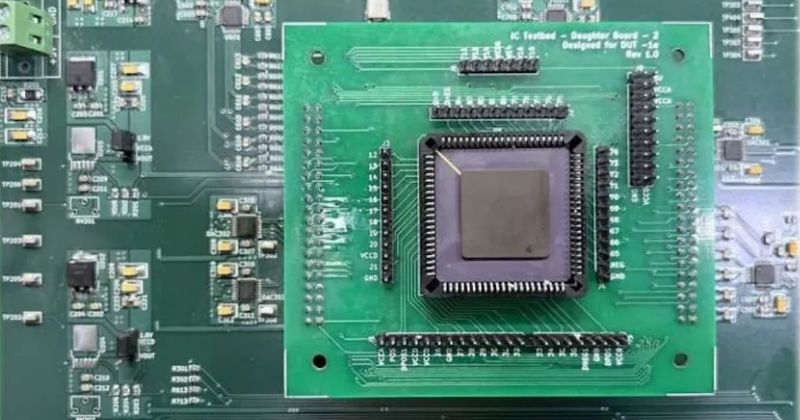Indian Institute of Science (IISc) researchers have developed a framework that will allow creation of next-generation analogue computer chipsets. These chips would be faster and less energy-consuming compared to the digital ones found in electronics today.

Harnessing their novel design framework, the researchers have developed a working prototype of the analogue chipset that has been named ARYABHAT-1 which is an acronym for Analog Reconfigurable Technology And Bias-scalable Hardware for AI Tasks.
IISc shared in a statement that today, most electronic devices, especially those that have large computing needs use digital chips since the design process is simple and scalable. However, analogue has a major advantage -- massive improvement in power and size.
Analogue computers are perfect for those applications that don’t require precise calculations and can even outperform digital computing due to its energy efficiency.
There are some challenges along the way though. Unlike digital chips, testing and designing analogue ones is difficult.
Large-scale digital processors can be easily synthesised only by compiling high-level code, and the same design can be ported across different generations of technology development. For instance, a 7-nanometre chipset to a 3-nanometre chipset without major modifications.
Analog processors however don’t scale easily -- they need to be individually customised when transitioning to the next generation technology or to a new application. Moreover, their designing is also an expensive affair.

© Provided by IndiatimesUnsplash
To overcome the challenges of analogue processors, the novel analogue processor framework allows scalability similar to those of digital processors. The chipsets can be reconfigured and programmed so that the same analogue modules can be ported across different generations of process design and applications.
ARYABHAT-1 is capable of running robustly across a wide range of temperatures as well as supports for programming of different machine learning architectures. Moreover, the performance of the processor remains the same even if voltage or current is modified making it versatile for use in IoT or something like object detection.
The researchers have filed patents and are planning to work with industry partners to commercialise the technology for the masses. For more in the world of technology and science, keep reading Indiatimes.com.
Edited by Karlston
- Karlston and aum
-

 2
2




Recommended Comments
There are no comments to display.
Join the conversation
You can post now and register later. If you have an account, sign in now to post with your account.
Note: Your post will require moderator approval before it will be visible.